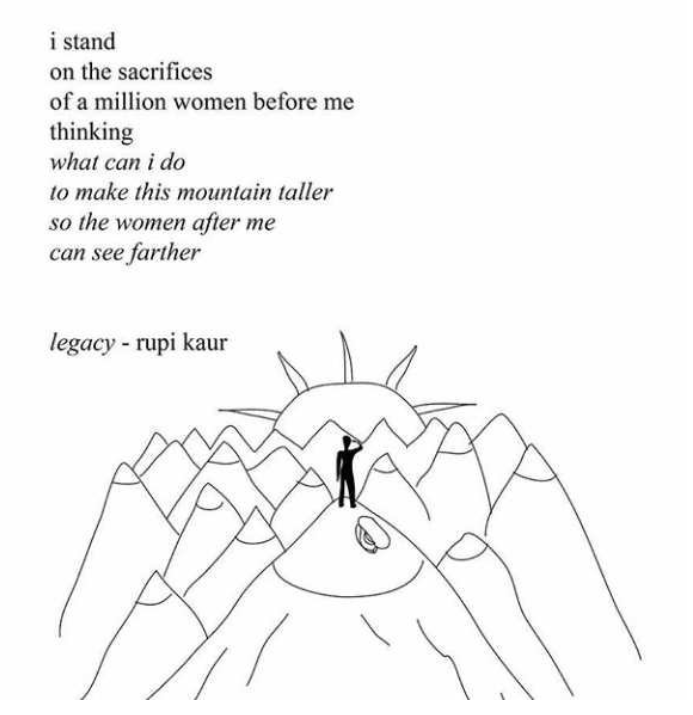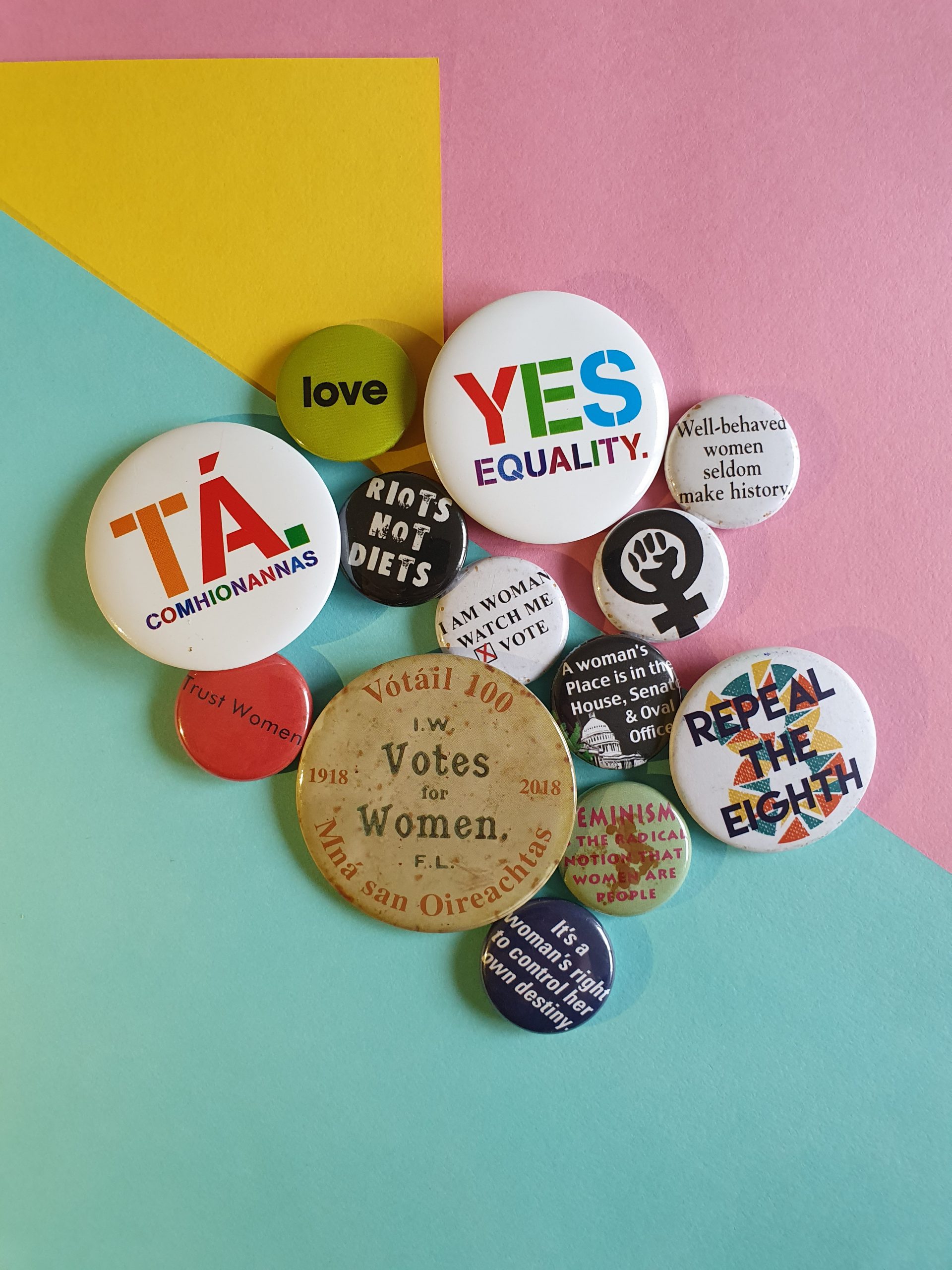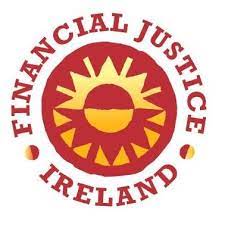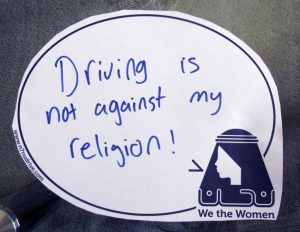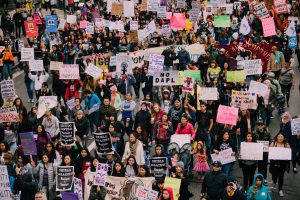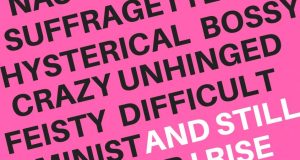Women’s rights badges by Tony Daly and Ciara Regan/80:20 Educating and Acting for a Better World © 2021.
March 8th. International Women’s Day. The international day for celebrating the achievements of women. The day for acknowledging those who paved the way before us and those who continue to challenge the status quo. However, this year, celebrating does not feel right. Being angry does. Being fed up.
In the wake of Aishling Murphy’s murder, around the anniversary of Sarah Everard’s murder, it still stands that globally that 1 in 3 women experience gender-based violence at some stage of their lives. Most likely at the hands of a man known to them. To quote the WHO, it is devastatingly pervasive. We are shocked when these incidents happen in our communities, but the majority of the time, we are left not knowing what to do. Make tea, light candles, stand in solidarity…
While we discussed writing this piece for International Women’s Day 2022, we both felt frustrated with the levels of engagement with the issues (in particular violence against women) the commodification of the day, the tokenistic gestures of ‘10% off using code IWD22’ from the companies championing the ‘Be Kind’ narrative, all the while, exploiting their garment workers.
It was at that point, we reached a consensus. Fuck the flowers, give us safety and equal rights!
That’s not to say people do not deserve flowers or to be celebrated, remembered or shown gratitude. They most certainly do and, as mentioned previously, we wouldn’t be where we are today had it not been for those who went before us. However, we felt it important to keep a dialogue going of what we can do.
In those aforementioned moments of shock, what can be done? In the quieter, everyday moments, what can be done? In the heated moments, what can be done?
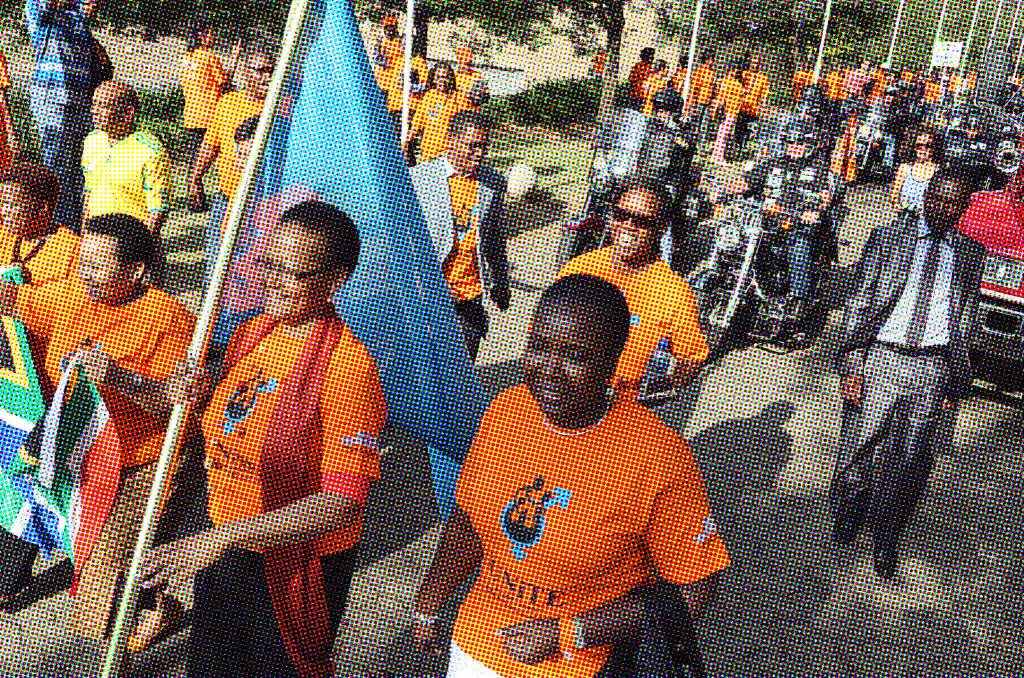
Bikers of the “Ride On! Speak Out” UNiTE event to End Violence Against Women and Girls take part in a flag off ceremony in South Africa on December 23, 2012. Photo by Shipyard Productions (CC-BY-NC-ND via Flickr)
We (Gina and Ciara) have put together a (by no means an exhaustive) list of what we can do to confront inequality and violence against women, because we owe it to ourselves, and the women who have paved the way, to work towards a safer, more equitable place for all of us, where women do not have to apologise for taking up the space we deserve in the world.
10 Steps To Take
- Have the difficult conversations. Yes, it is uncomfortable, but so are the issues facing women.
- Listen to women. Respond to their needs. This is not just for men either. This point is as much directed at women. Listen to traveller women, black women, Muslim women, trans women, non-binary people, queer women, disabled women, lesbians, minority women, indigenous women – basically not just voices of women who are white, cis, straight…!
- Educate yourself around issues affecting women outside of Ireland.
- Pay women equally. Economic instability often links women to their abusers and keeps them in control. Closing the wage gap, and paying women equally and fairly for their work can be a key ingredient in their safety.
- Educate the next generation while also being prepared to be educated BY the next generation. Whether you are a teacher, a youth worker, involved in community outreach, or even simply, a parent. By empowering young people with the information they need around women’s rights, a better future can be built on these foundations
- Stand against misogyny. And not just outright misogyny but in the casual everyday form that usually includes comments that we so often let slip because we know “they didn’t mean it that way” or “that’s just how they are”. It is by letting these comments slide, that we make room for misogyny to breathe.
- Hold each other accountable. Don’t be a bystander.
- Hold your elected officials accountable. After the extreme incidences of violence against women this year, what policy changes are being implemented to make us safer? What services are being offered? How many incidents of femicide need to happen for real change to occur? And not just in Ireland…
- Engage men and boys. This is not a women’s issue. As Sara Benson, CEO of Women’s Aid has said, “Women are not afraid of the dark. They’re afraid of violent men.” The conversation around women’s safety HAS to include the engagement of men and boys.
- Challenge biases. Both internal and external ones. The way violence against women has been historically depicted in the media and by society at large, has shaped the way we think. Doing the work of constantly challenging these internalised biases is critical to dismantling these narratives.
One action, one conversation or one exchange likely won’t change someone’s mind or have an immediate impact, but it is important to celebrate the wins too when they happen.
Change is a process that doesn’t happen overnight. We are choosing to use this International Women’s Day to remind ourselves that the work continues, and though change is slow, we must continue.
